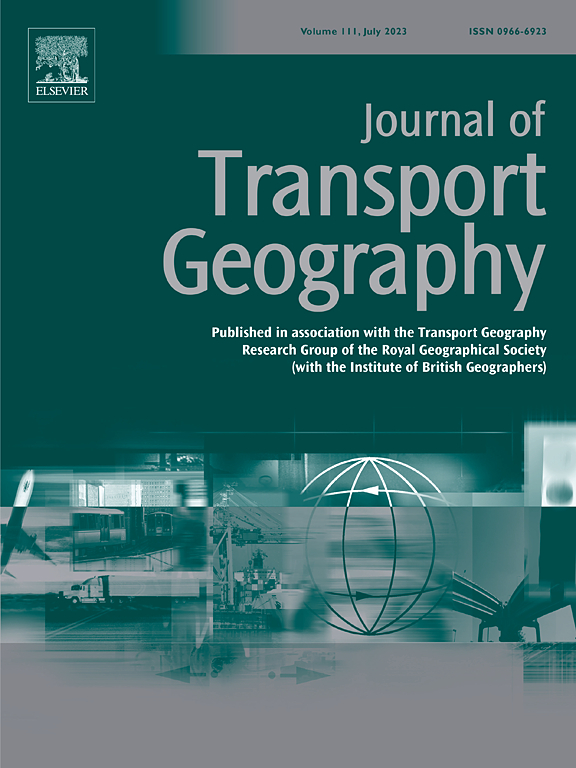Key factors for non-polar use of the Northern Sea Route: A Korean point of view
IF 5.7
2区 工程技术
Q1 ECONOMICS
引用次数: 0
Abstract
Global warming has led to the accelerated melting of the Arctic ice, making the Northern Sea Route (NSR) an emerging maritime trade route connecting Asia and Europe. Many studies actively seek to capitalize on this new opportunity for shipping to promote the maritime industry's rapid development in various countries. However, few studies have applied a strategic systems perspective to examine the critical success factors that drive non-polar countries to use the NSR. This study integrates international relations theory, sustainable development theory, and resource base theory to establish a system of critical success factors that encourage non-polar countries to use the NSR, focusing on the Republic of Korea's shipping industry as an example. After reviewing the existing literature, we identified 20 key factors that influence the use of the NSR by the maritime industry of the Republic of Korea. We surveyed 16 maritime experts from different organizations in the Republic of Korea and used the Fuzzy-Decision Making Experiment and Evaluation Laboratory (DEMATEL) model to assess the interrelationships among these factors. A comprehensive analysis identifies international cooperation, compliance with international law, and participation in Arctic governance as the most critical success factors for the Republic of Korea in developing the NSR. This study expands the body of knowledge in NSR research. In addition, it provides a theoretical basis and practical guidance for shipping companies and government agencies in non-polar countries to develop key strategies for utilizing the NSR.
北方航道非极地使用的关键因素:韩国人的观点
全球变暖导致北极冰层加速融化,使北海航线(NSR)成为连接亚洲和欧洲的新兴海上贸易路线。许多研究都积极寻求利用航运的这一新机遇,促进各国海运业的快速发展。然而,很少有研究从战略系统的角度来考察推动非极地国家使用北极航道的关键成功因素。本研究结合国际关系理论、可持续发展理论和资源基础理论,以韩国航运业为例,建立了鼓励非极地国家使用北方航道的关键成功因素体系。在回顾现有文献后,我们确定了影响大韩民国海运业使用“噪音感应强的地方”的20个关键因素。我们调查了来自韩国不同组织的16位海事专家,并使用模糊决策实验和评估实验室(DEMATEL)模型来评估这些因素之间的相互关系。综合分析认为,国际合作、遵守国际法和参与北极治理是韩国开发“北方航道”最关键的成功因素。本研究拓展了“噪音感应强”研究的知识体系。为非极地国家的航运公司和政府机构制定利用北极航道的关键战略提供理论依据和实践指导。
本文章由计算机程序翻译,如有差异,请以英文原文为准。
求助全文
约1分钟内获得全文
求助全文
来源期刊

Journal of Transport Geography
Multiple-
CiteScore
11.50
自引率
11.50%
发文量
197
期刊介绍:
A major resurgence has occurred in transport geography in the wake of political and policy changes, huge transport infrastructure projects and responses to urban traffic congestion. The Journal of Transport Geography provides a central focus for developments in this rapidly expanding sub-discipline.
 求助内容:
求助内容: 应助结果提醒方式:
应助结果提醒方式:


